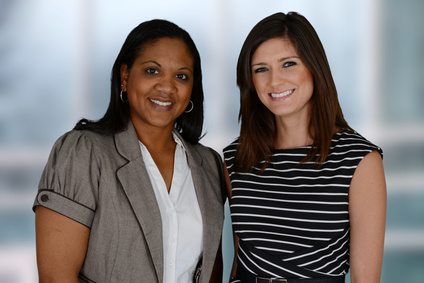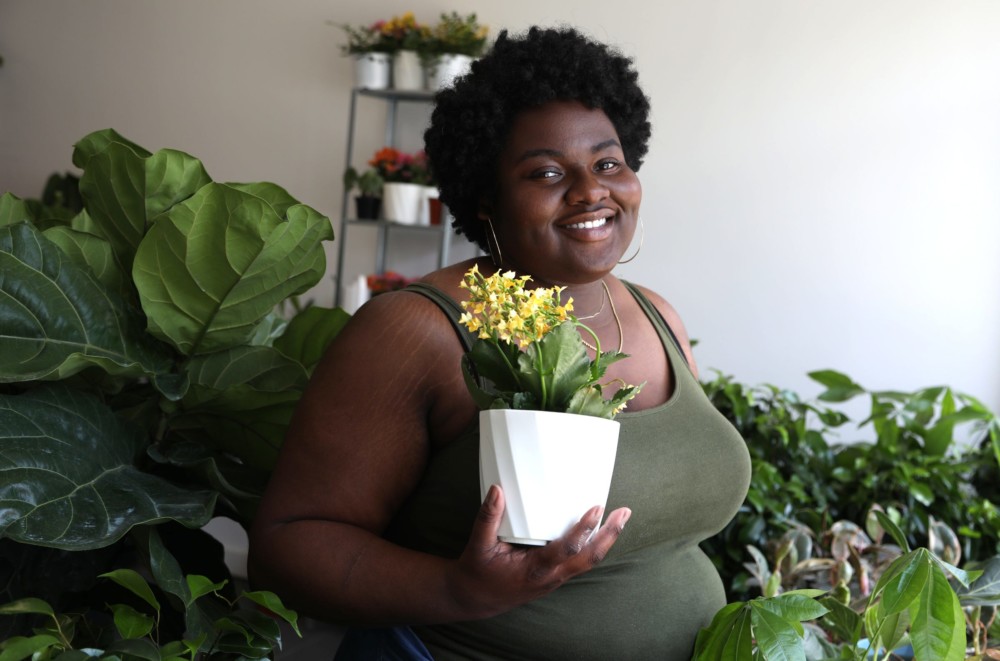By Lily Leung
The Orange County Register
During the dot-com boom of the 2000s, Kirsten Mangers sought funding for her startup along Sand Hill Road, a stretch in Silicon Valley known for its concentration of active, deep-pocketed investors.
The long road show wasn’t easy. Critiques were harsh. Rejection was harsher. And then there were the odds: Roughly 5 percent of venture capital investments at the time went to high-tech firms owned by women.
“Their job was to tell you your baby is ugly,” recalls Mangers. Still, by 2005 the Orange County entrepreneur managed to snag her first big round of funding, $5 million, for a Web-advertising company, WebVisible.
Today, it’s not much easier for female entrepreneurs to get funding. A recent Stanford study shows 3 percent of tech companies, for instance, are founded by women. But Mangers is working to change that. Last year, she launched Chicklabs, an Orange-based incubator that nurtures women-led startups and products geared toward women.
The for-profit company joined Chapman University’s eVillage this summer with the aim of matching startups with experts, ranging from number crunchers to marketers. In exchange, entrepreneurs give Chicklabs equity or compensation, depending on the agreement. Chicklabs gets free office space at the university and in return offers Chapman students internships in the incubator.
As Mangers built the idea for Chicklabs, she realized female entrepreneurs needed the most help with finances, a weakness that can severely hurt their chances of getting funding.
“Women just don’t speak finance,” said Mangers, 49, who also founded her own advertising firm early in her career. “OK, that’s harsh. (Women) are phenomenal marketers. You can get in front of people and can be as passionate as anyone can. But financially, you don’t talk about income. We don’t talk about multiples. You just freeze.”
Don’t know how to design a financial model or have connections to a retail broker? Maybe someone at Chicklabs can help.
Cynthia Saito began getting services from the company in February. The Irvine mother of two has marketed her product, the Wrapadoo, for four years through word-of-mouth and beauty blogs. Recently, the product made an appearance on “The Real Housewives of Orange County.”
The invention goes on like a cap, is secured with Velcro behind the head, and the wet hair is twisted in place and buttoned down over the crown — all without the upside-down hair flip needed with a regular towel, Saito says.
The self-funded entrepreneur has been ready to bring her product to major retail spaces but lacked the know-how and the money. With the help of the incubator, she now has a growth plan and connections. She’s close to sealing a deal with the Home Shopping Network, she said.
“With Kirsten, I have the ability to connect and fundraise, so that’s huge,” Saito said. She also gives credit to Chicklabs partners Mary Huber and Frank Lindsey, who have access to brokerage networks.
“That’s huge. I’ve never had to work with a broker network before. The only way I can hit my targets is by getting into the Bed Bath & Beyonds.”
Products like the Wrapadoo illustrate one issue for women seeking funds, said Don Kasle, chairman of Tech Coast Angels, a Southern California angel-investor group. Male venture capitalists outnumber female investors, and men tend to invest in what they know. That can mean female companies get overlooked.
“We may gravitate away from that or may not fully understand,” Kasle said.
Another factor is that women tend to self-fund instead of seeking outside funding and are efficient with the capital they get, said Alicia Robb, a senior researcher at the Ewing Marion Kauffman Foundation and visiting scholar at the Atlanta Federal Reserve Bank.
That sounds practical, but it’s potentially detrimental, Robb explained in an Atlanta Fed podcast earlier this year: “If you’re bootstrapping too much, then you’re not going to have the capital that you need to adequately address the current business operations and future growth opportunities.”
The funding challenge also can be tied to major life events. Local entrepreneur and mom Melinda Kim says the risk of starting a business is much higher for women who are deciding to start a family and thinking about staying at home.
Kim, like Mangers, was successful in getting seed funding for a tech startup. When that fizzled, she started PeopleSpace, a collaborative office space in Irvine.
“It’s still a good ol’ boys club,” Kim said of the VC funding landscape. “And for women, choices have to be made after they have a family. They have to figure out what kind of risk they can take.”
















































































































































































































































































































































































Natalie
January 15, 2014 at 12:07 am
Thanks so much for featuring Chicklabs!